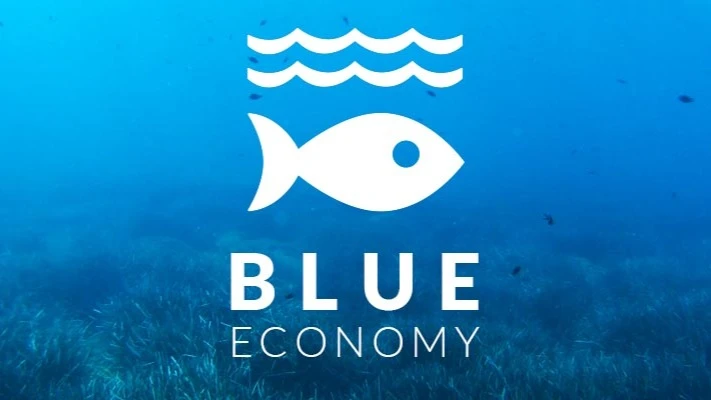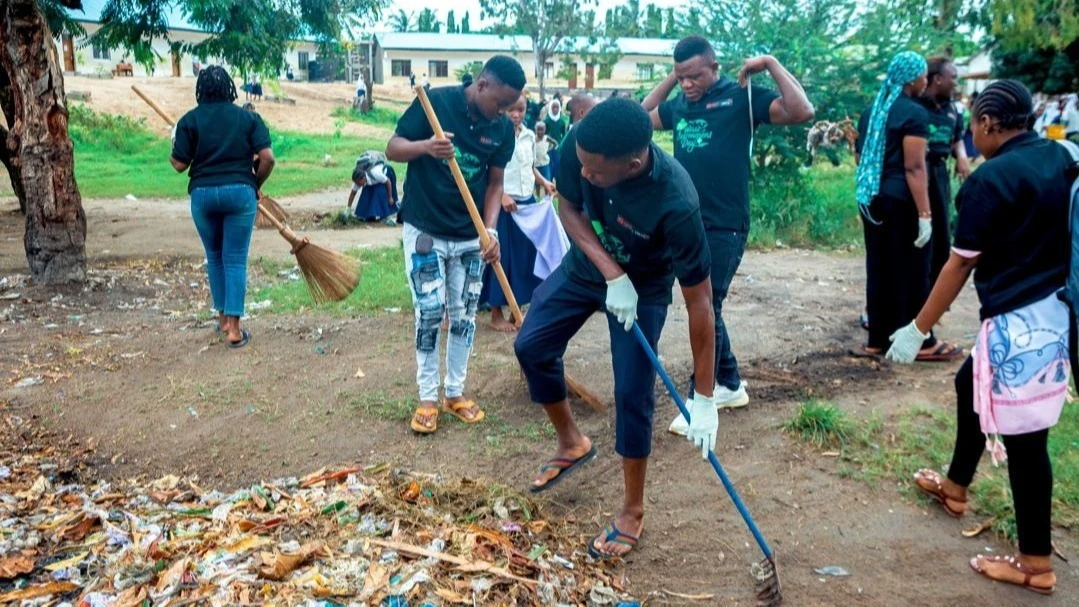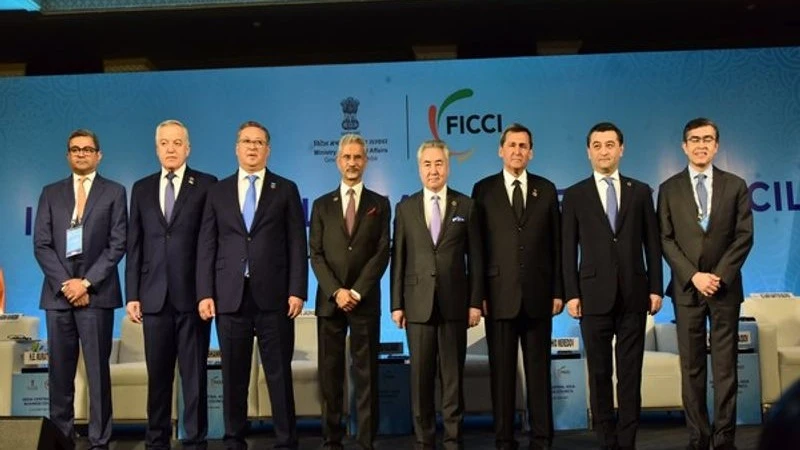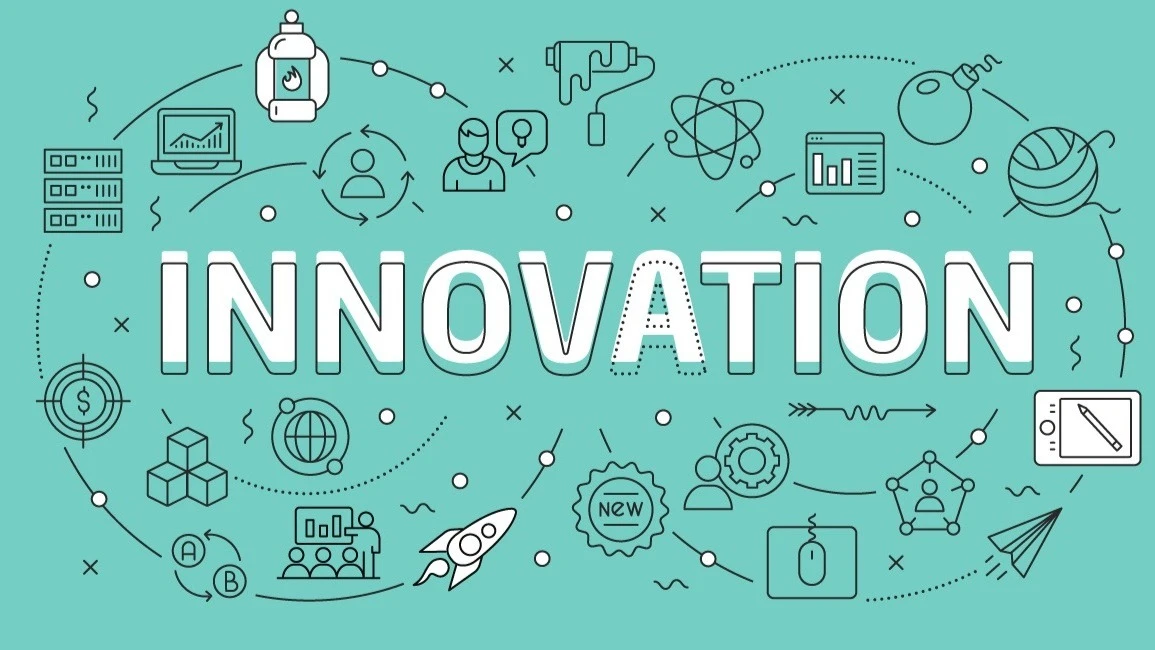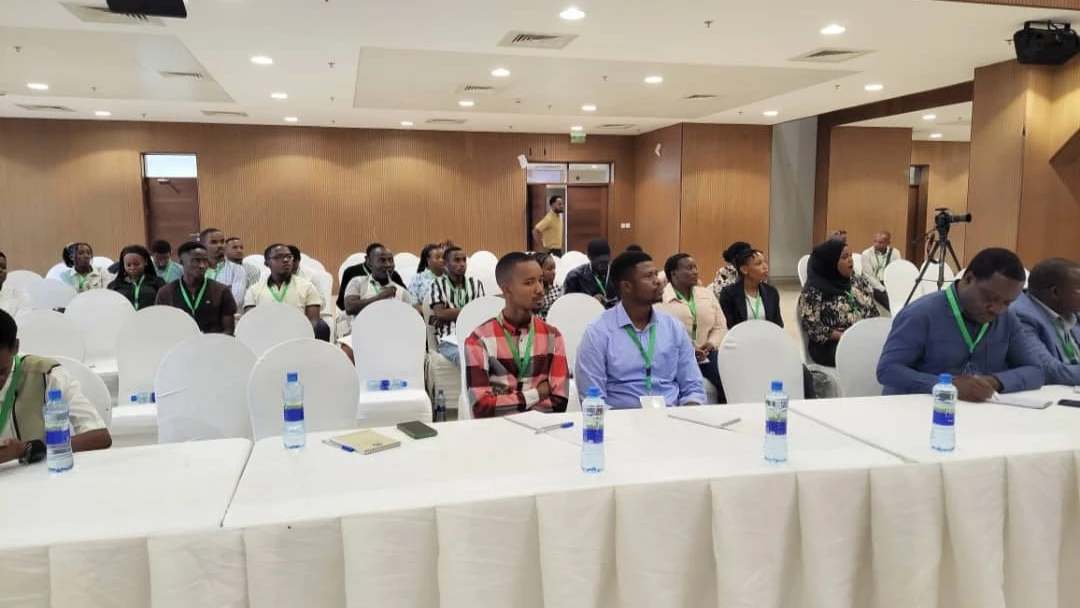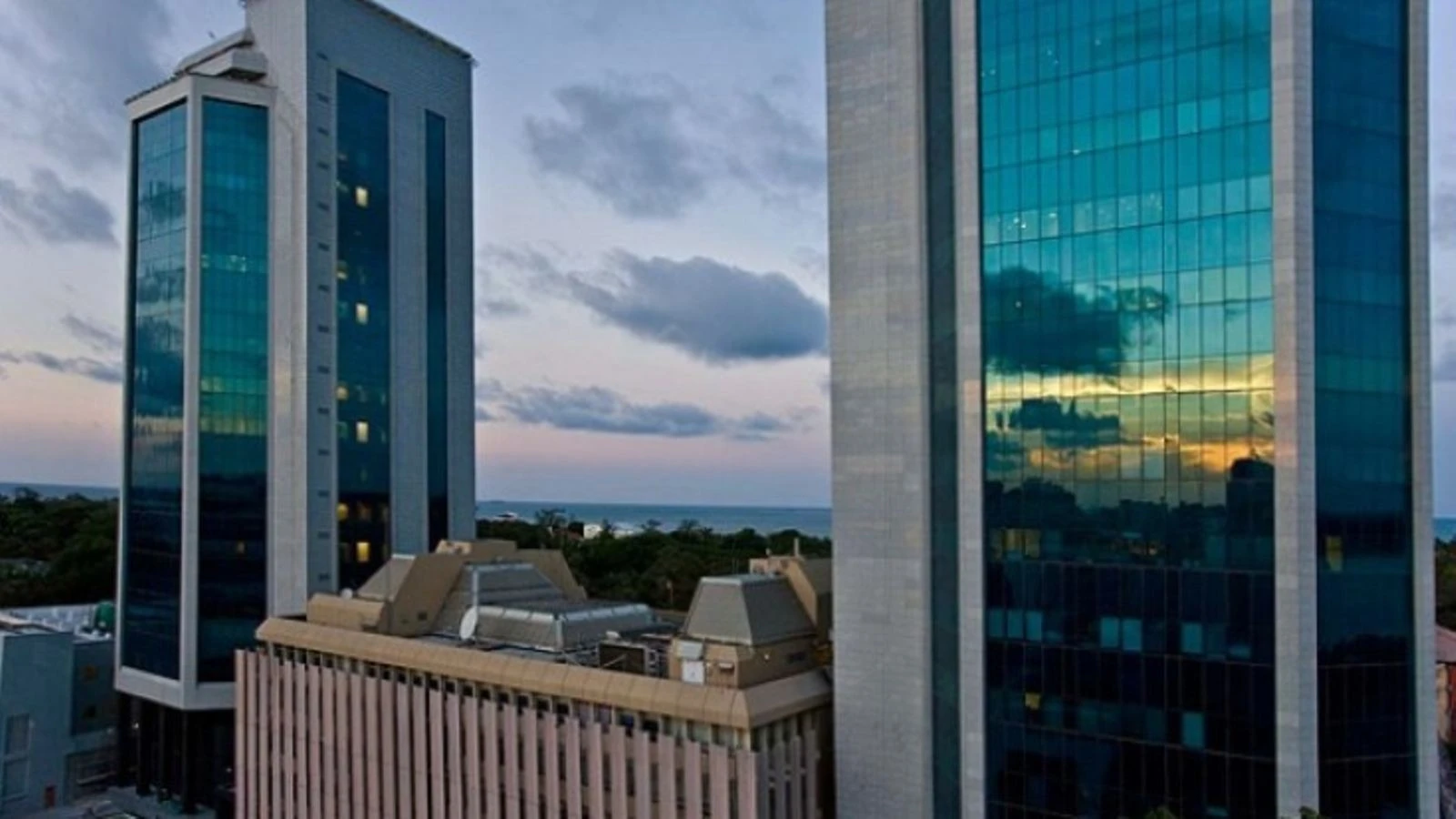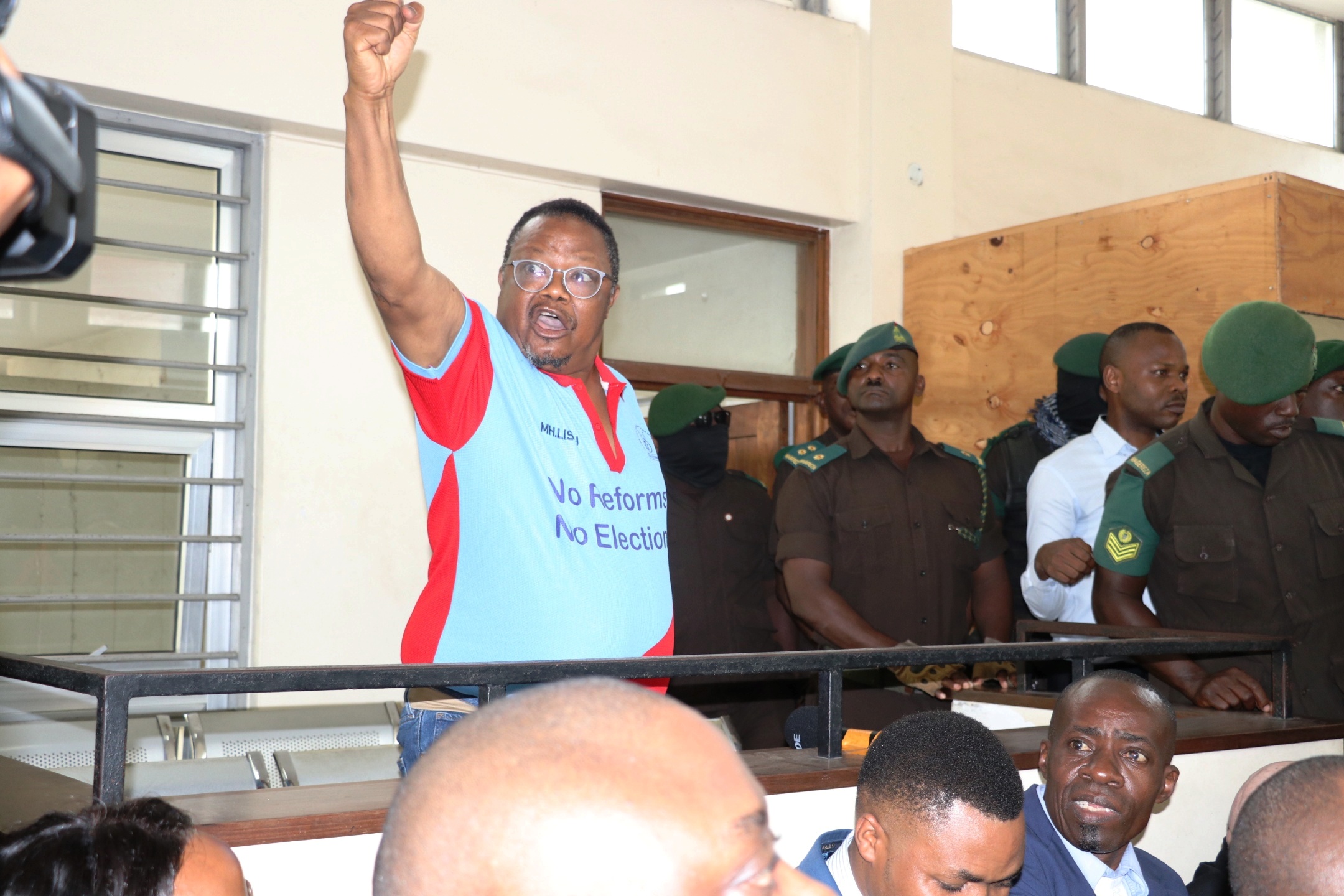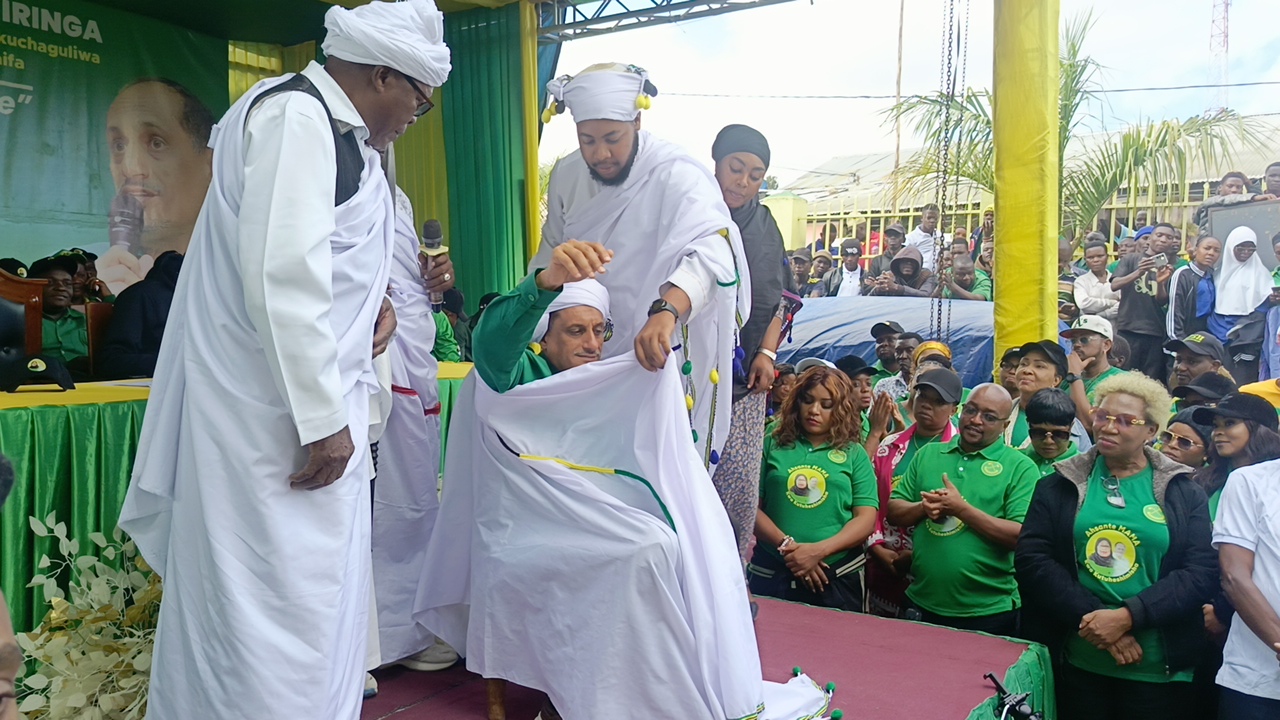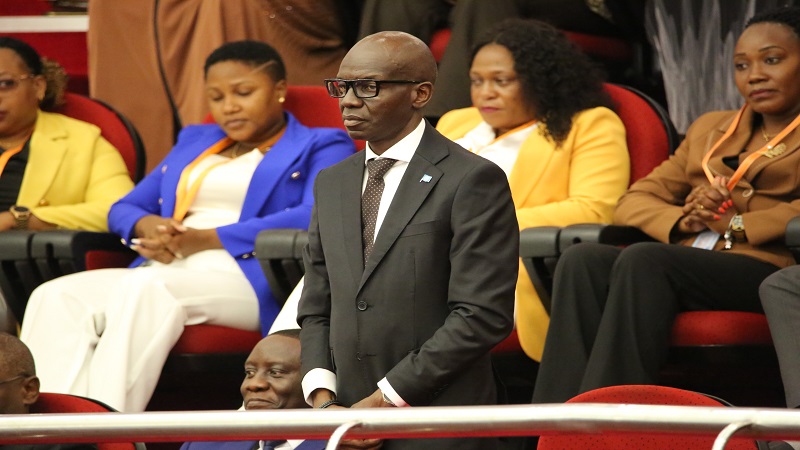‘X shutdown costs 21bn/- in nine days’

THE recent government-imposed shutdown of X (formerly Twitter) in Tanzania has cost the country upwards of 21bn/- ($8.9m) in just over a week, experts assert.
Gbenga Sesan, the Paradigm Initiative executive director, said at the 2025 Africa Internet Governance Forum (IGF) in Dar es Salaam yesterday that the economic toll stems from lost productivity, disrupted digital services and a drop in income for freelancers and small businesses relying on online platforms for outreach and commerce.
“These shutdowns don’t just hurt the economy—they damage trust and disrupt democratic engagement,” he said, stressing that trust is the cornerstone of digital governance.
The figure was calculated using the net blocks cost of shutdown tool, which estimates losses by factoring in GDP, internet penetration and the level of digital activity in a given country, he explained.
“In the absence of transparency, speculation only widens the trust gap between citizens and the state,” he asserted, elaborating that every time access is restricted without explanation it chips away at public confidence.
Governments need to avoid arbitrary digital restrictions and instead promote open, accountable and inclusive digital policies, he declared, while Jerry Silaa, the Information, Communication and Information Technology minister, confirmed that the government blocked access to X.
He cited the platform’s publication of pornographic content in violation of Tanzanian laws and ethical standards, where in the televised interview, he said that the restriction was a deliberate enforcement measure under the country’s digital content regulations.
“The platform has allowed content that violates our legal and moral boundaries,” he declared, insisting that the government is obligated to ensure that what is consumed online aligns with Tanzanian values and the law.
Section 16 of the 2000 Online Content Regulations prohibits explicit online material, while X’s content policy update in May 2024, following its 2023 rebranding from Twitter, introduced same-sex pornographic content which is specifically banned under Tanzanian law.
“This content is not only illegal but also undermines our traditions and cultural norms,” he stated, underlining that “everything we do is aimed at protecting Tanzanians, especially the youth.”
X is not the only platform under scrutiny as certain YouTube content has been restricted as part of broader digital consumer protections.
“You may have noticed some videos on YouTube are inaccessible. That’s part of our work to ensure compliance with national laws,” he said.
The government’s decision has sparked intense debate on social media with many users reporting being unable to access X without Virtual Private Networks (VPNs).
Critics argue that such restrictions curtail digital freedoms and public discourse, they said.
Peter Mwasalyanda, the Universal Communications Service Access Fund (UCSAF) chief executive officer, showcased major strides in rural connectivity and digital infrastructure development.
UCSAF has invested 126bn/- to construct 2,152 telecom towers providing mobile coverage to 5,111 villages across 1,974 wards. “To date, we’ve completed 1,886 towers in 1,736 wards, reaching over 26 million Tanzanians. These sites are 2G/3G/4G-enabled and offer essential internet services.”
The Digital Tanzania Project involves the construction of 758 new towers in 713 wards where 560 towers (74 percent) have so far been completed, targeting 8.5m people, he added.
Top Headlines
© 2025 IPPMEDIA.COM. ALL RIGHTS RESERVED








